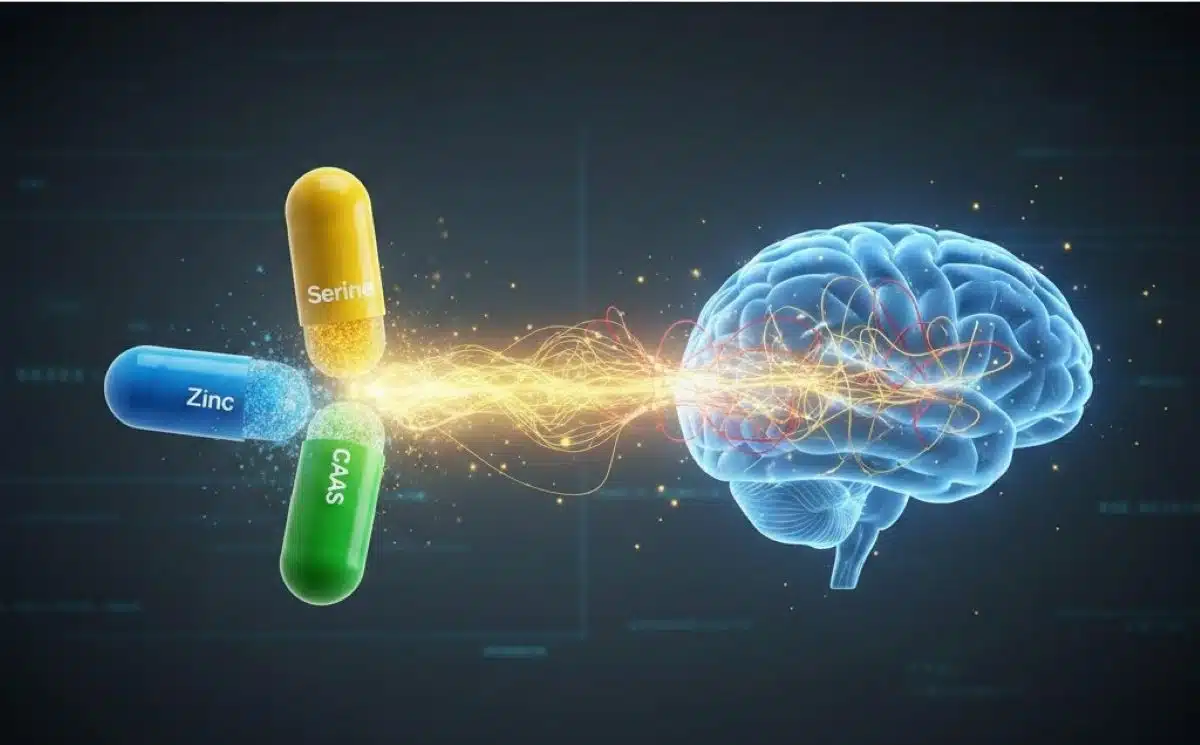Chronic insomnia isn’t just a nighttime nuisance—it’s a serious health concern with profound implications for brain function and overall well-being. While occasional sleepless nights are common, persistent insomnia can accelerate cognitive decline and increase the risk of neurodegenerative diseases.
Understanding Chronic Insomnia
Chronic insomnia is characterized by difficulty falling asleep or staying asleep at least three times per week for three months or longer. Unlike short-term sleep disturbances, chronic insomnia can lead to significant health issues if left unaddressed.
Impact on Brain Health
Recent studies have highlighted the detrimental effects of chronic insomnia on the brain:
- Cognitive Decline: Insomnia has been linked to accelerated cognitive aging. Research indicates that individuals with chronic insomnia may experience cognitive decline equivalent to 3.5 additional years of aging. This includes impairments in memory, attention, and executive function.
- Increased Risk of Dementia: Chronic insomnia is associated with a higher risk of developing dementia. A study following over 2,700 cognitively healthy adults found that those with chronic insomnia were 40% more likely to develop mild cognitive impairment or dementia compared to those without sleep disturbances.
- Structural Brain Changes: Chronic sleep deprivation can lead to structural changes in the brain. For instance, insufficient sleep has been shown to cause neurological damage in the hippocampus, a region critical for learning and memory.
Underlying Mechanisms
The exact mechanisms by which chronic insomnia affects brain health are still under investigation. However, several factors are believed to contribute:
- Neuroinflammation: Persistent sleep disturbances can lead to increased inflammation in the brain, which may damage neurons and impair cognitive function.
- Disrupted Sleep Architecture: Chronic insomnia can alter normal sleep patterns, reducing the amount of restorative deep sleep and REM sleep, both essential for memory consolidation and cognitive health.
- Hormonal Imbalances: Sleep deprivation affects the regulation of hormones like cortisol and melatonin, which play crucial roles in stress response and sleep-wake cycles.
Consequences Beyond the Brain
The effects of chronic insomnia extend beyond cognitive health:
- Mental Health Disorders: Chronic insomnia is a significant risk factor for developing mental health conditions such as depression and anxiety.
- Physical Health Issues: Long-term sleep deprivation is associated with an increased risk of hypertension, cardiovascular disease, obesity, and diabetes.
Managing Chronic Insomnia
Addressing chronic insomnia is crucial for maintaining brain health:
- Cognitive Behavioral Therapy for Insomnia (CBT-I): CBT-I is an effective, evidence-based treatment that helps individuals identify and change thoughts and behaviors that cause or worsen sleep problems.
- Sleep Hygiene Practices: Establishing a regular sleep schedule, creating a comfortable sleep environment, and avoiding stimulants like caffeine and electronics before bedtime can improve sleep quality.
- Medical Interventions: In some cases, healthcare providers may recommend medications to help manage insomnia, though these are typically used short-term and under supervision.
Conclusion
Chronic insomnia is more than just a sleep disorder—it’s a significant health issue that can have lasting effects on brain function and overall health. Recognizing the signs and seeking appropriate treatment is essential for preserving cognitive health and quality of life. If you or someone you know is struggling with chronic insomnia, consult a healthcare professional to explore effective treatment options.












Leave a Reply